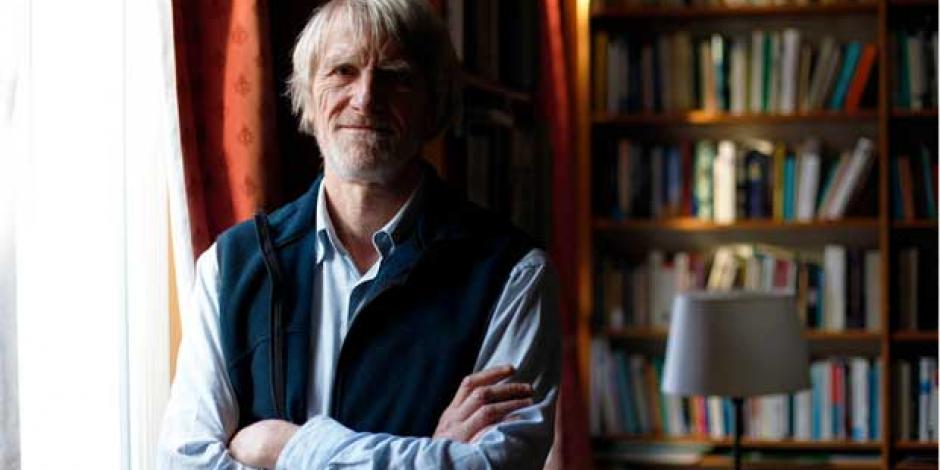The EU needs to find fair and efficient solutions to the many communication problems across its community. A shared language is the key.
The European Union will not be able to do what it needs to do without its people having a stronger sense of European identity. Not in the sense of an ethnos, a population unifiedvereinigtunified by a single culture closely to be linked to sth.mit etw. verknüpft seinlinked to a native language, but in the sense of a demos, a population united by the flow of information and arguments. For this, the EU requires a lingua franca.
Philippe van Parijs is a professor of political philosophy at the Université catholique de Louvain and the Katholieke Universiteit Leuven. His books include Linguistic Justice for Europe and for the World (Oxford University Press).
For historical reasons, this language is and will remain English. Even after Brexit? Even more so after Brexit, when English will have a more neutral EU status, as it will no longer be the official language of one of the community’s larger member states.
The Brexit campaign was partly driven by the slogan: “Give us back our country!” Our slogan must now be: “Give us back our language!” English, which is a mixture of continental languages, is a European language. Let us to reclaim sth.sich etw. zurückholen, etw. erneut einfordernreclaim it and speak it with our wide variety of European accents.
Our slogan must now be: ‘Give us back our language!’
Bilingualism combined with English will give Europeans accessZugangaccess to information and an advantage in discussions with anglophoneenglischsprachige Personanglophones. So, instead of just to mumble and grumblehier: Äußerungen von sich gebenmumbling and grumbling in our respective languages, we should speak, write, publish and broadcast confidently — in English, so that we can be read and heard clearly throughout Europe and throughout the world.
Learning and using English as our lingua franca is not a betrayalVerratbetrayal of our national or cultural loyalties or our European identities. It is simply the instrument we need — from Göteborg to Nicosia and from GdanskDanzigGdansk to LisbonLissabonLisbon — to be able to communicate effectively with one another. Without such an instrument, there is no hope of creating a European democracy sufficiently strong to enable the European Union to do what it needs to do for all of us Europeans — and for humanity as a whole.
Neugierig auf mehr?
Dann nutzen Sie die Möglichkeit und stellen Sie sich Ihr optimales Abo ganz nach Ihren Wünschen zusammen.



